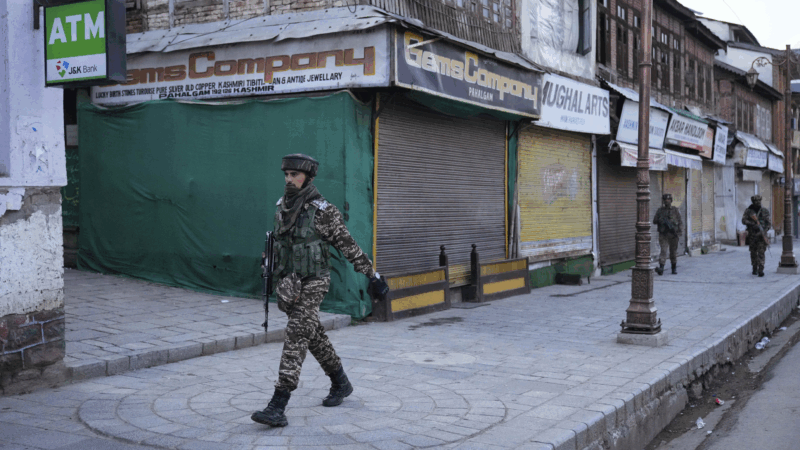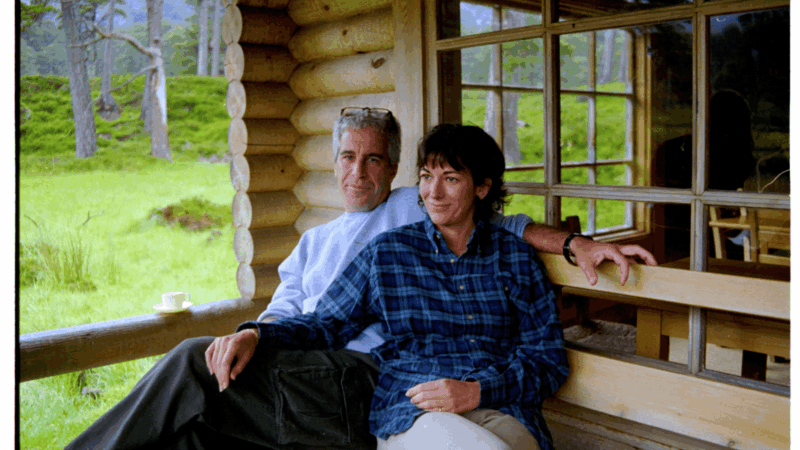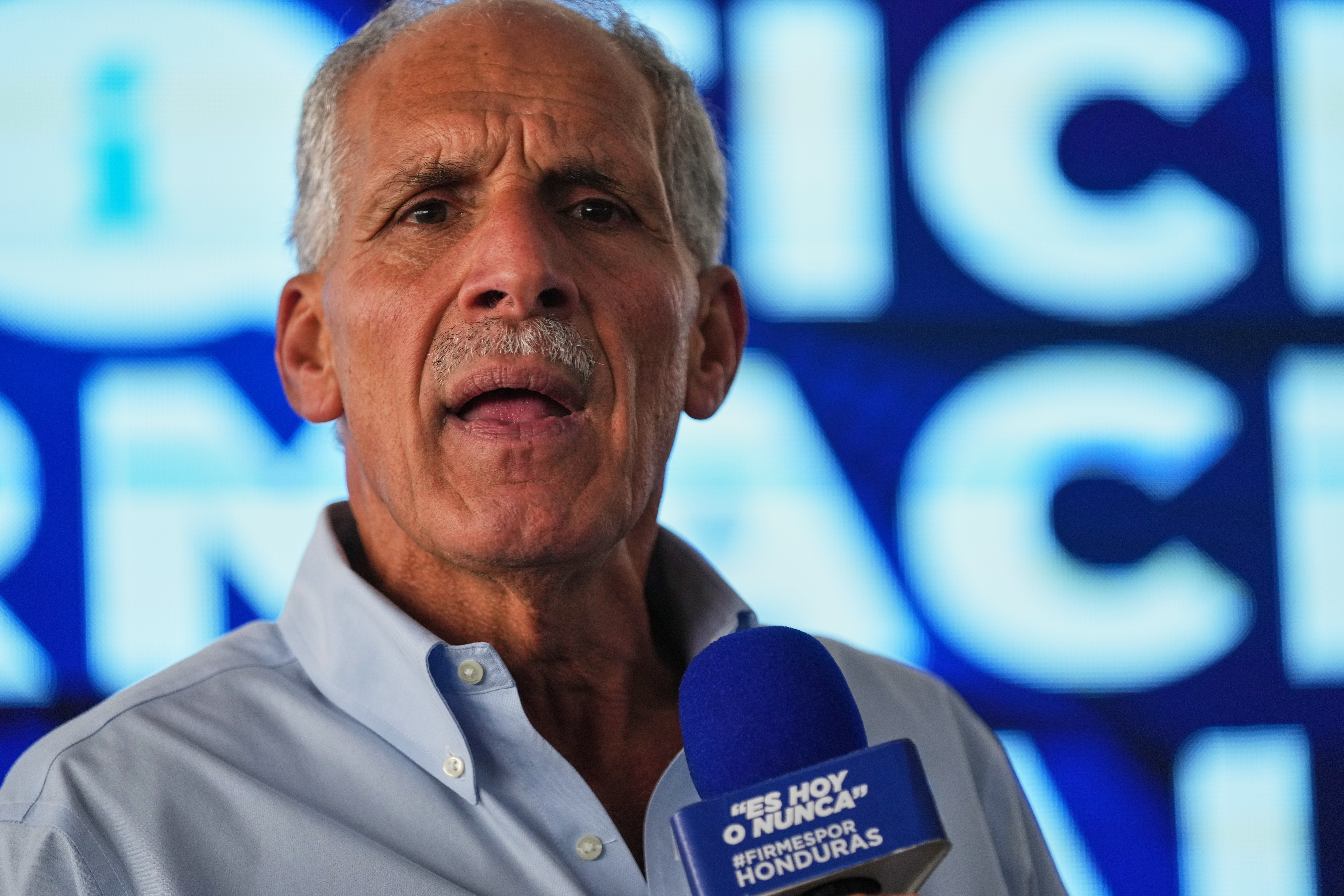Kashmir experiences worst civilian attack in years, coinciding with Vance India visit
NEW DELHI — At least 26 people were killed and 17 others wounded after gunmen opened fire on a group of tourists in Indian-controlled Kashmir, the worst assault in years targeting civilians in the restive region that has seen an anti-India rebellion for more than three decades.
Tuesday’s attack took place in the picturesque town of Pahalgam in the Himalayan mountains, popular with Indian visitors.
Police accused rebels of masterminding the attack, which sparked outrage and drew international condemnation, including from U.S. President Donald Trump.
Fear of escalating tensions
Pahalgam is in the Baisaran meadow, locally known as “mini Switzerland” and is accessible only on foot or horseback. The town is a major tourist destination because of its alpine meadows, pine forests, snow-clad slopes and trekking routes.
It also lies on a major annual Hindu pilgrimage route, the Amarnath Yatra, and serves as one of its largest base camps, drawing hundreds of thousands of pilgrims. This year’s pilgrimage starts on July 3 and ends on August 9.
The attack on Tuesday hasn’t been claimed by any group so far, and on Wednesday, Indian soldiers were still searching for the attackers.
Many fear the tourism industry, which employs thousands of people, will be negatively affected.
This also comes as Prime Minister Narendra Modi is soon expected to inaugurate a multibillion-dollar railway line to Kashmir Valley, which his government says will help tourism and economic development in the region.
Modi has decried the “heinous act” and pledged the militants “will be brought to justice.”
India’s powerful home minister, Amit Shah, visited the attack site on Wednesday.
The India-Pakistan dispute over Kashmir
India and Pakistan have each laid claim to Kashmir since war broke out following the British partition of the subcontinent in 1947. Border skirmishes have long created instability in the region.
The two arch rivals have also fought three wars over Kashmir, where armed insurgents have resisted Indian rule for decades, with many Muslim Kashmiris supporting the rebels’ goal of uniting the territory, either under Pakistani rule or as an independent country.
India has accused Pakistan of fomenting violence in the Muslim-majority region. Islamabad denies the charge and many Kashmiris consider it a legitimate freedom struggle. Tens of thousands of civilians, rebels and government forces have been killed in the conflict.
In 2019, Modi’s government revoked Kashmir’s semiautonomous status and imposed sweeping security measures. Since then, his government has kept order in the region with a huge security presence and drastically curbed dissent, civil liberties and media freedoms.
Attacks on tourists in Kashmir are rare
Militants had attacked civilians before, but the last major attack was in 2000. And though the region has seen a spate of targeted killings in remote mountains in recent years, violence has largely declined in the Kashmir Valley, the heart of anti-India rebellion.
Indian tourism has flourished in Kashmir after the Modi government promoted visits to the region with the hope of showing rising tourism numbers as a sign of renewed stability there, albeit under heavy security presence, checkpoints, armored vehicles and patrolling soldiers.
Millions of visitors now arrive in Kashmir every year to see its Himalayan foothills and exquisitely decorated houseboats, as the fighting between government forces and rebels has largely shifted to the region of Jammu’s remote areas, where Indian troops have faced deadly attacks.
The attack coincides with Vance’s India visit
Tuesday’s attack came as U.S. Vice President JD Vance was on a sightseeing trip to the Indian city of Jaipur on Tuesday, a day after meeting with Modi in New Delhi.
Vance condemned the killings, saying: “Over the past few days, we have been overcome with the beauty of this country and its people. Our thoughts and prayers are with them as they mourn this horrific attack.”
He will be in the Indian city of Agra on Wednesday to visit the iconic Taj Mahal monument, which is some 1,000 kilometers (621 miles) away from the attack site.
Trump also denounced the attack and expressed solidarity “with India against terrorism” and called Modi to convey his sympathies, according to Indian authorities.
Other leaders from Russia, Ukraine, Israel, Iran, France, Italy and the United Arab Emirates also expressed condemnation.
Militants had previously planned attacks to coincide with high-profile visits.
One of the most notorious attacks was the killing of at least 35 civilians in a village in Kashmir in 2000 on the eve of a state visit to India by then-U.S. president Bill Clinton.
The pope urges the faithful on Christmas to shed indifference in the face of suffering
During his first Christmas Day message, Pope Leo XIV highlighted the suffering in Gaza, Yemen and among migrants, and called for peace in troubled regions like Lebanon, Ukraine and Syria.
The real ping pong champion — and hustler — who inspired ‘Marty Supreme’
Marty Reisman was nicknamed "The Needle" for his slender physique. He dressed well and put on a show.
DOJ says it may need a ‘few more weeks’ to finish releasing Epstein files
The Justice Department said Wednesday that it may need a "few more weeks" to release its records on the late sex offender Jeffrey Epstein after discovering more than a million potentially relevant documents.
A Powerball player in Arkansas has won a $1.817 billion lottery jackpot
Wednesday's Christmas Eve drawing ended the lottery game's three-month stretch without a top-prize winner. Final ticket sales pushed the jackpot higher, making it the second-largest in U.S. history.
Trump-backed candidate Nasry Asfura declared winner of Honduras’ presidential vote
Asfura won Honduras' presidential election, electoral authorities said Wednesday afternoon, ending a weeks-long count that has whittled away at the credibility of the nation's electoral system.
30 years ago, ‘Waiting to Exhale’ was the blockbuster Hollywood didn’t anticipate
The 1995 adaptation of Terry McMillan's novel celebrated the beauty of Black sisterhood.








